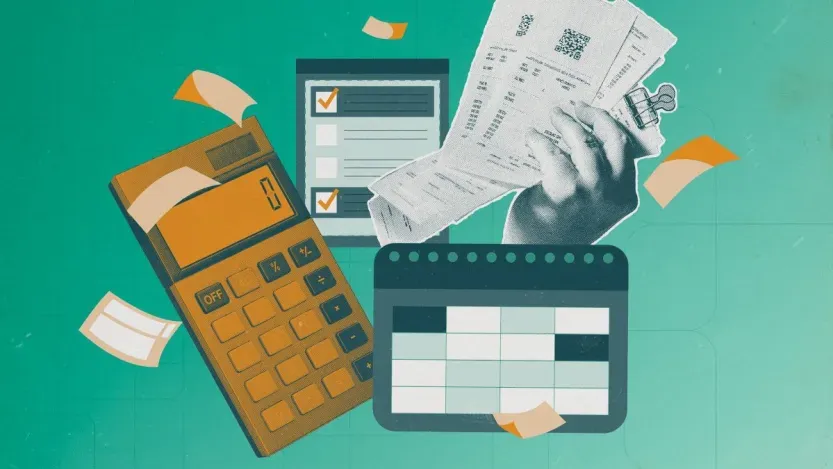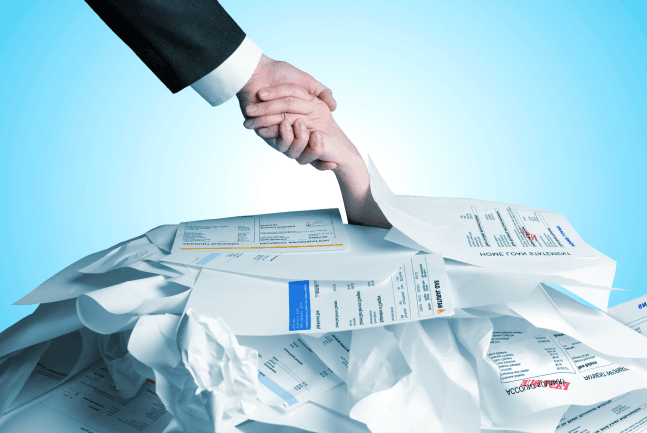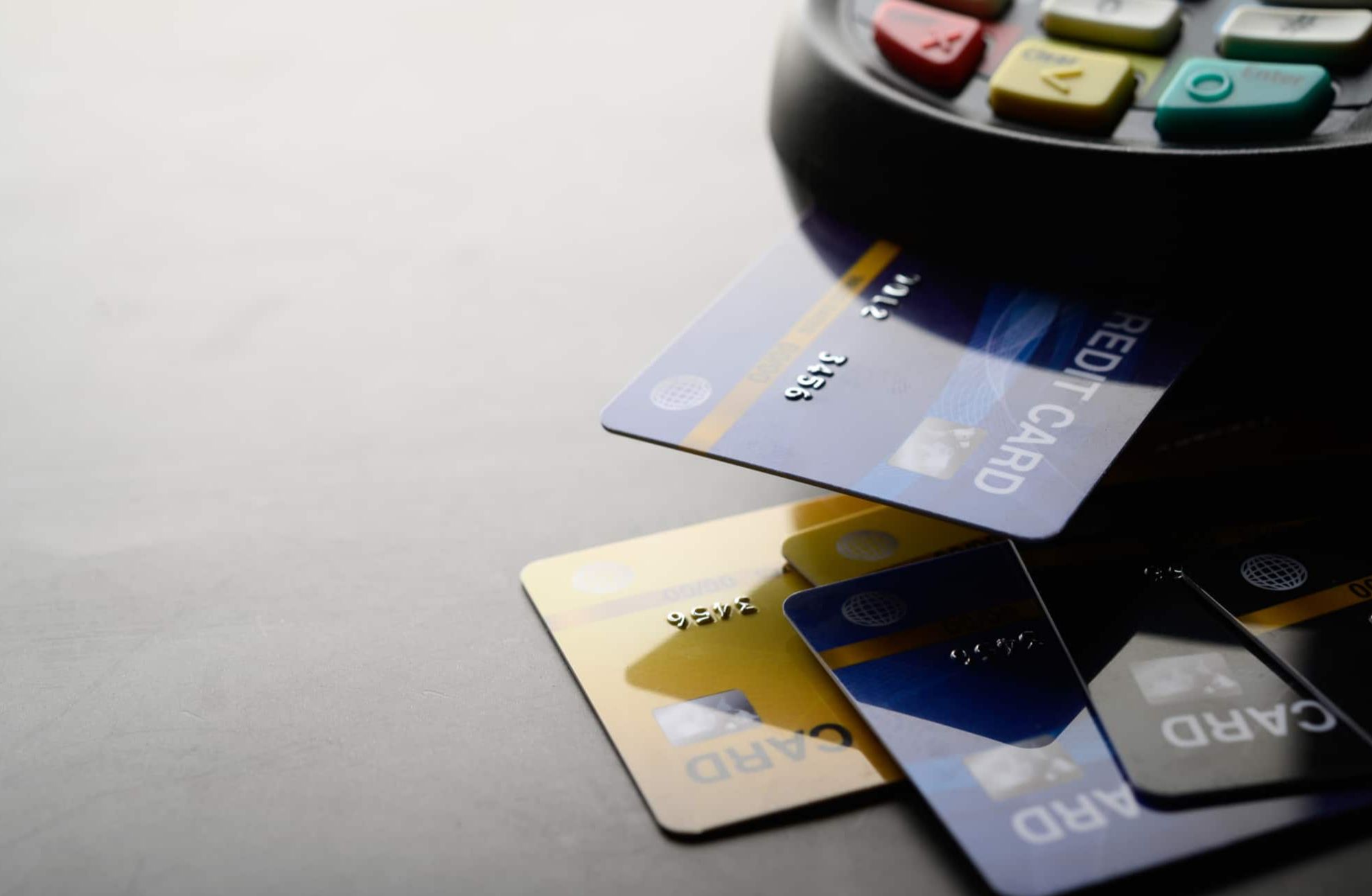
Many people today have debt that prevents them from living peacefully and achieving their long-term financial goals.
Here are 5 tips that can help you pay off your debts effectively:
- Create a budget: Before you start paying off your debts, it is important to know exactly how much money you are earning and how much you are spending. A budget will help you identify areas where you can cut back and put more money toward paying off your debts;
- Prioritize your debts: If you have several debts, it is important to prioritize them according to the interest you are paying on each one. In general, it is advisable to start with the debt with the highest interest rate to save money in the long run;
- Negotiate with your creditors: If you are having difficulty meeting your payments, you may be able to negotiate with your creditors for lower interest rates or longer payment terms;
- Look for ways to generate additional income: If your current budget doesn't allow you to allocate a lot of money to paying off your debts, consider looking for additional ways to generate income, such as freelance work or online sales;
- Keep a positive mindset: Getting out of debt can be a slow and difficult process, but it's important to keep a positive attitude and focus on the long-term benefits.
Tip 1: Prioritize your debts
The first thing you should do is identify all of your debts and prioritize them.
Higher interest debts, such as credit cards, should be paid off first as they are costing you more money over time.

If you have a mortgage or student loan, make sure you meet the monthly payments to avoid extra fees or loss of assets.
Tip 2: Create a payment plan
To pay your debts effectively, you need to have a payment plan.
This means analyzing your income and expenses to determine how much money you can afford to pay your debts each month.
Then, you should prioritize your debts according to their interest rate and start by paying off those with the highest rate.
Tip 3: Reduce your expenses
In order to effectively pay off your debts, you need to reduce your expenses.
Make a list of all your monthly expenses and analyze which ones are really necessary and which ones you can cut back on.
You can start by avoiding impulse purchases and reducing the use of credit cards.

You can also save on services such as cable TV or cell phones by switching to less expensive options.
In addition, you can look for ways to save on your food and entertainment budget.
Tip 4: Increase your income
You can look for an extra part-time job, sell items you no longer use, or offer services to friends and family.
You can also consider starting your own business.
No matter how you decide to increase your income, remember that every little bit counts.
Even a few extra dollars each week can make a big difference in the long run.
Tip 5: Seek professional help
If you're having trouble paying off your debts or don't know where to start, don't hesitate to seek professional help.
There are non-profit organizations that can advise and guide you through the process of paying off your debts.
You can also consider hiring a financial specialist or an attorney to help you negotiate with your creditors and set up a payment plan.

Remember that asking for help is not a sign of weakness, but of wisdom and responsibility.
Seeking the right assistance can make the difference between getting ahead or staying mired in debt and financial problems.






